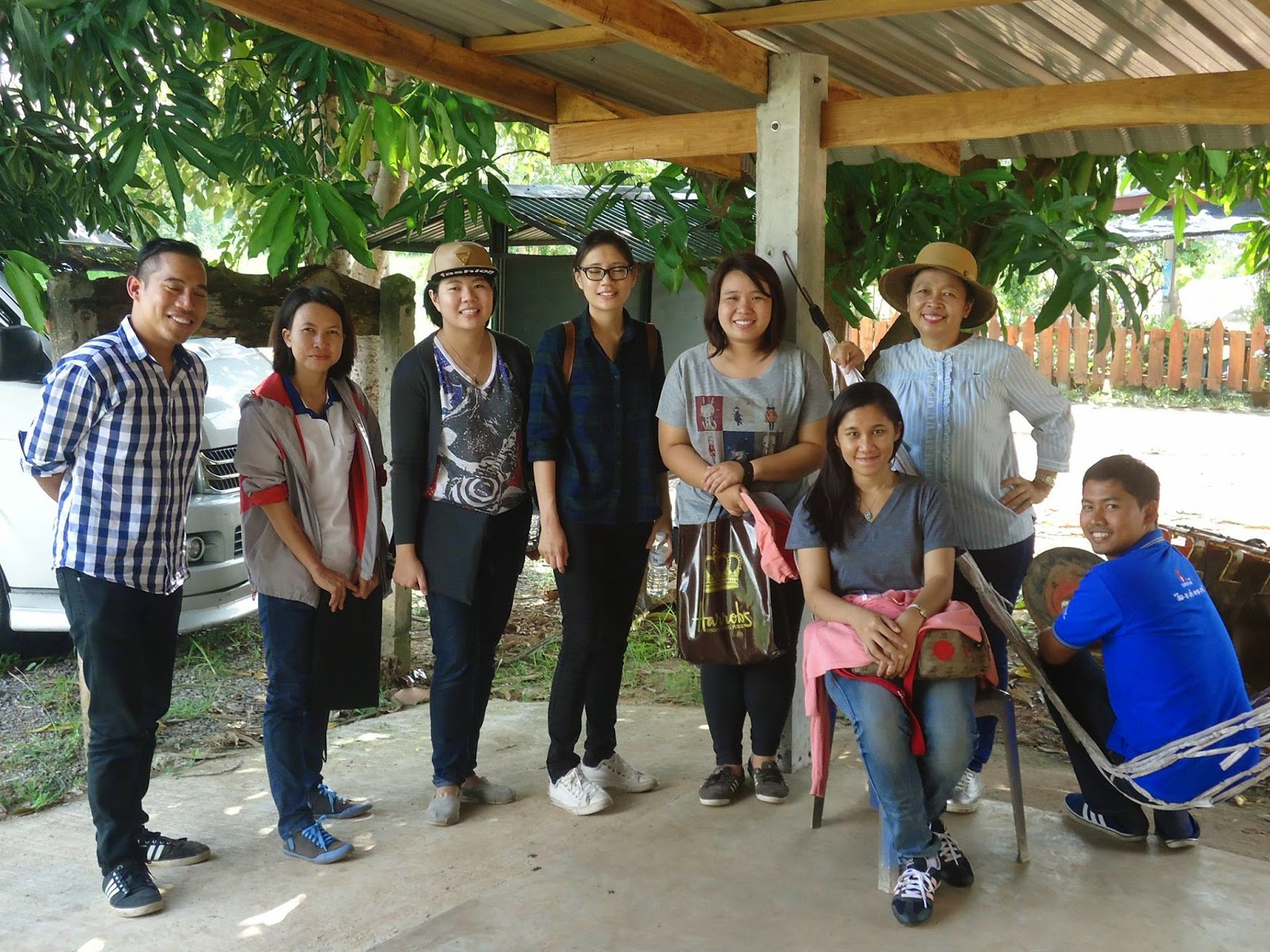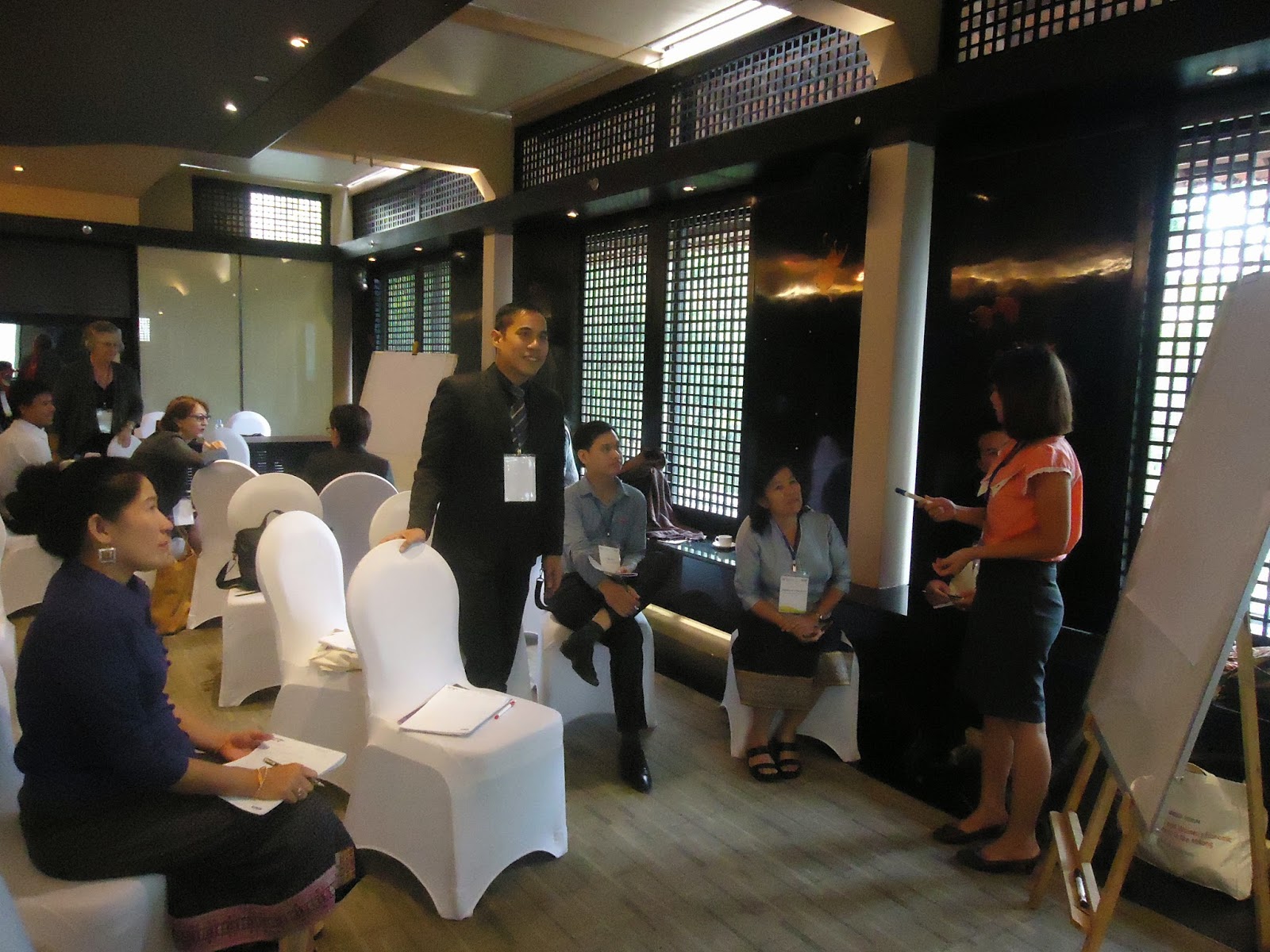I am currently attending the Australia Mekong Non-Government Organisation Engagement Platform (AMNEP) in Hanoi. This is the second AMNEP but I am imprssed by the quality of engagement among NGOs (health, economic, skills and various other sources) and DFAT. Since our project is funded by DFAT (Australian AID), we are pleased to be invited to share outcomes from the project and to launch policy brief from this project at this important platform.
There were approximately 400-500 people at the forum. Ms. Vanessa Wood from South East Asia Regional Branch DFAT (who was also my mentor at the ASEAN Australia Emerging Leader Program) greeted all participants with warmth. Vanessa confirmed the objectives of the forum and how important for the participants who work in NGOs, research and development in Mekong region to meet and share our views and practices. More importantly, with the launch of AEC in 2015, we need to come together to understand key regional challenges.
The morning session was filled with important messages and ideas from top speakers including HE MR Hugh Borrowman (Australian Ambassador to Vietnam), HE Dr. Ing Khanthaphavy (Minister for Women's Affairs from Cambodia), and Gillian Brown.
We spent quality time to discuss key issues such as relationship between women's economic empowerment and educational development in South East Asia. We also heard some outstanding initiatives in Cambodia from Dr. Ing, and some stories on women and workforce in the CLMV countries. The key challenges in my opinion is differences in women's level of education and training among ASEAN countries. Though a number of women are in the labour force in CLMV countries, few of them have the levels of education and skills that their counterparts in other ASEAN countries have. Very challenging for us in development (and academic).

In the afternoon, there were three parallel workshops (women's civil society, SMEs in Mekong, and methodology to measure and evaluate impacts of women's economic empowerment). I attended the methodologies workshop, due to its proximity to my research project. Again, I learnt some ideas on the measurement of social economic impacts from NGOs delegates and built some ideas and actions with them. By the end of the session, our team proposed a strong message that the evaluation and measurement of economic empowerment is sensitive and we need to take diversity among ASEAN countries into account.
After a long fruitful day, we were invited to the reception hosted by HE Mr Hugh Borrowman at the Australian embassy in Hanoi. His residence is such a nice colonial style house and I was overwhelmed by hospitality from the Australian AID and DFAT team in Hanoi.
This reception was a great event to chat informally with my new friends from various NGOs from Cambodia, Laos, Myanmar and Australia. I strongly feel that I have made more than connections...I have made friends whom I will work with in development and academic project.
AMNEP ... What a great forum to meet people! I will share more stories from our day 2 and the conclusion of the forum.



















































